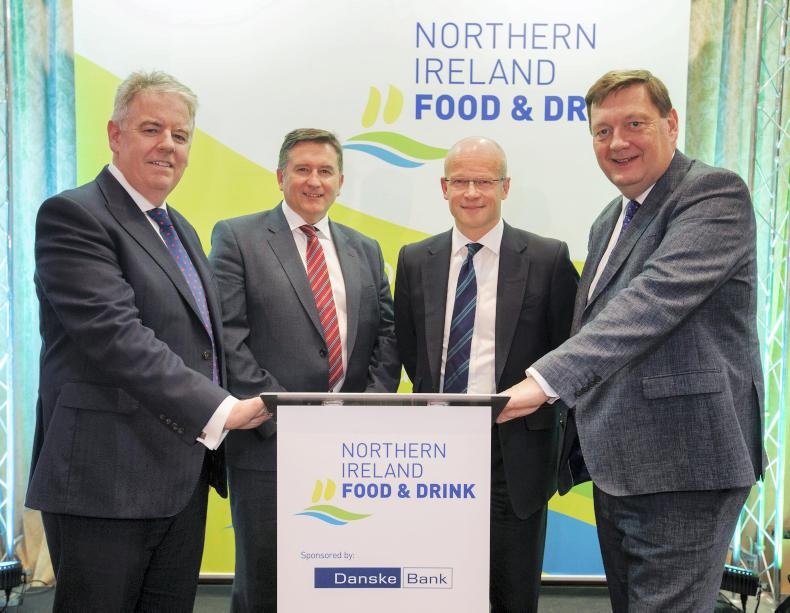The continual driving down of food prices, which brought with it falling standards, and eventually led to issues such as the horsemeat scandal, is no longer happening in the British market, a leading supermarket boss has claimed.
Speaking at the annual dinner of the NI Food and Drink Association (NIFDA), Marks & Spencer (M&S) director of food Andy Adcock, maintained that the food market is changing, and the race to the bottom on price is over.
“Customers are genuinely asking for more. Premium food is more fashionable, with a number of the discounters now also coming into that end of the market,” he said.
That means a higher end food retailer such as M&S needs to raise the bar on what is seen as premium, while also thinking about convenience and health, said Adcock.
He maintained that M&S had not joined others in driving down standards to achieve low costs, and had therefore managed to avoid being caught up in food scandals, such as horsemeat. However, he did acknowledge that mistakes have still been made, such as when a milk supplier to M&S in Dorset was found to have kept calves in calf hutches up to six months of age. More recently, M&S was among a number of retailers who removed chicken off shelves after an investigation revealed failings in food labelling at a 2 Sisters factory in West Bromwich. “We cannot afford to be complacent. We have had a few wobbles over the year,” said Adcock.
Source
Looking ahead, the retailer is keen to increase the amount of food it sources in the UK. In NI it is supplied by 11 food companies, including the likes of Dale Farm, Linden Foods and Hovis. However, only 15% of food sold in NI stores is local, a figure Adcock acknowledged could be improved.
M&S is also looking to grow its share of the UK food market, and earlier this year announced plans to open 200 food-only stores over the next few years. In NI, a new food outlet is opening at Aldergrove, to be followed by new stores at Craigavon, Newry and Carrickfergus.
NIFDA chair takes swipe at DAERA
The chair of NIFDA, Declan Billington, has criticised officials in DAERA for drafting up a processor grant scheme under the current Rural Development Programme that omits larger-scale companies.
The last scheme, which opened in 2008, offered 40% grants for buildings and equipment, with total funding of around £23.5m, but limited to companies with fewer than 750 employees.
Speaking at the NIFDA dinner this week, Billington said that DAERA officials had “dropped the ball” by drafting a new programme that again excluded larger companies.
Responding, a DAERA spokesperson said that a new scheme remains under development, and will have to take on board the views of a new minister.
“Subject to the necessary approvals and funding availability, it is hoped the scheme will be ready to open early next year,” said the spokesperson.
Flexitarian – a new food trend
A new trend becoming more prominent in 2017 is for people to describe themselves as flexitarian. In other words, they only eat meat occasionally, for example at the weekend. According to Andy Adcock, up to 35% of UK consumers now claim that they are semi-vegetarian (flexitarian).






 This is a subscriber-only article
This is a subscriber-only article





SHARING OPTIONS: